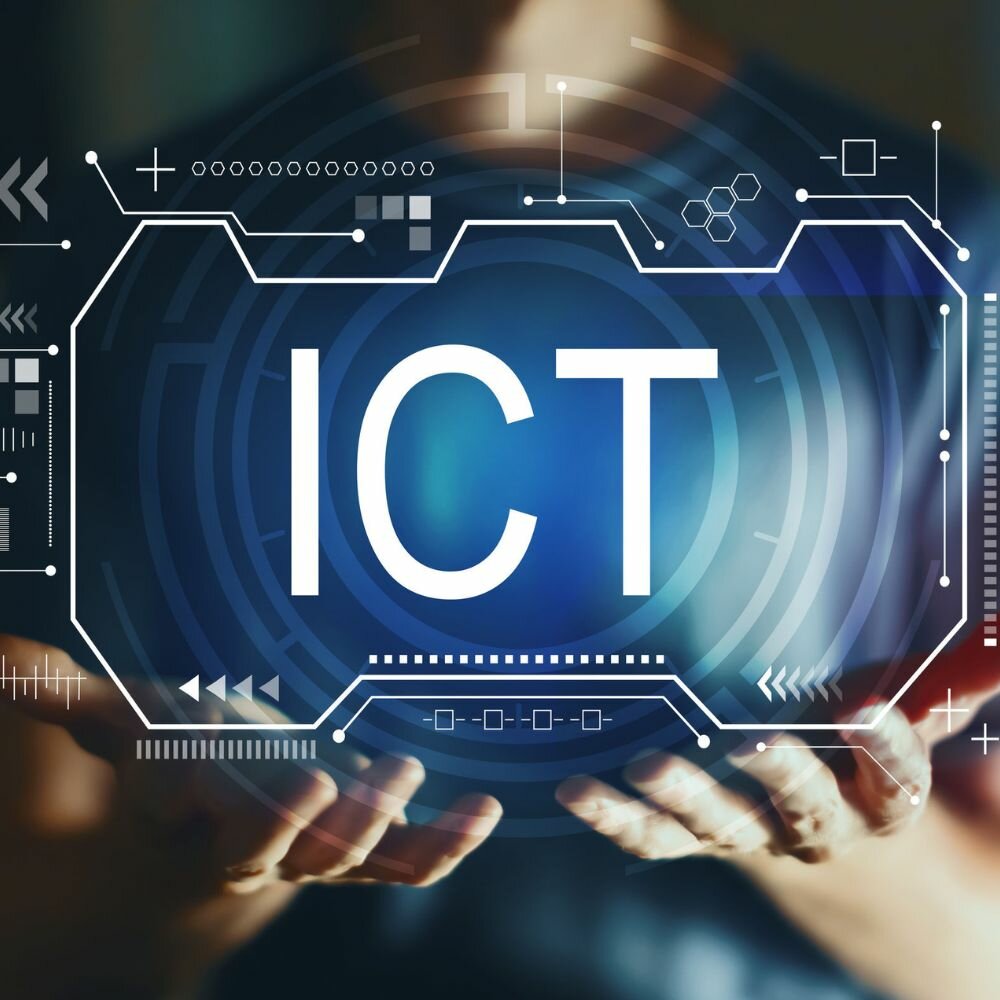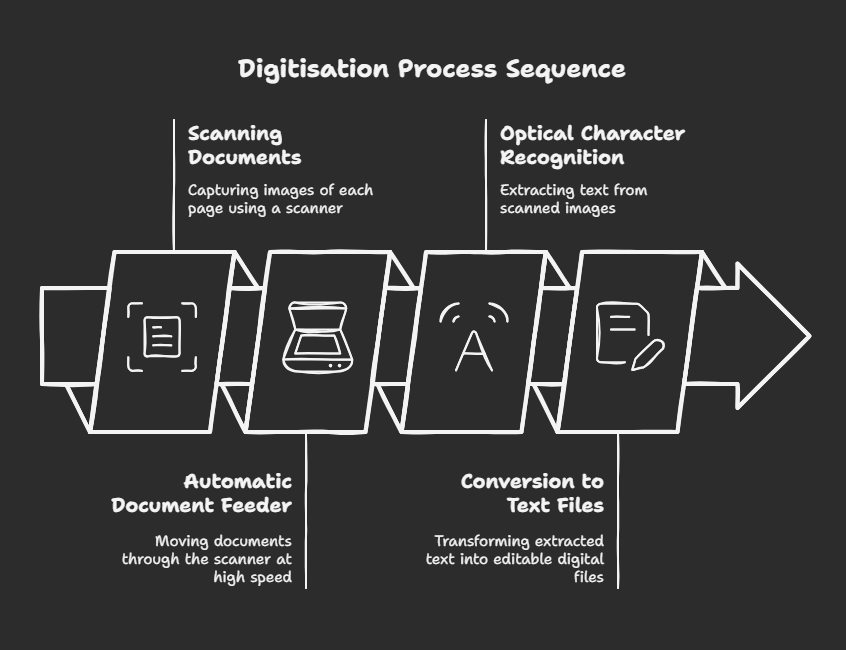What Is the Role of ICT in Records Management?
2022-10-21 15:12:56

If you have ever worked in a large business, you will know that the sheer volume of paperwork is enormous.
Thankfully, the days of filing cabinets are fast coming to an end. Even email inboxes are incapable of coping with the data we generate daily. But what if there was a way to make things even more efficient?
Information and Communications Technology (ICT) and document management solutions are essential in this process. Here we will explain how digitisation can help better transform your records management processes.
Let's get started.
Businesses Have to Deal With Vast Quantities of Documentation daily
Records are an important part of every business as they enable us to keep track of your company's activities and operations. When it comes to managing records, there are several vital considerations you need to bear in mind.
Legal and Regulatory Requirements
We must keep records for various legal purposes, including tax reporting and accounting requirements, as these documents can also become evidence during legal proceedings if necessary. In such cases, the information contained within the records must always be accurate and up-to-date because inadequate record-keeping can land you in hot water if your business ends up in court, regardless of whether you're at fault.
Business Needs
There are also business reasons why certain documents must be retained longer than others, for example, legal and fiscal records. Specific regulations relating to records depend on an organisation's location, business type, or industry.
As an industry leader, Daisy's software solutions cater to all business needs, including electronic document management, AI & APA and more.
Necessary Documentation Is Vital for Day-to-Day Operations
We cannot overstate the importance of documentation. It is vital for day-to-day operations, not only for regulatory and legal purposes but for many others. For instance, without it, employees may make critical errors at work or clients could be over or undercharged, resulting in your company losing business or worse. Furthermore, you might need to refer to one of your employee's contracts to resolve a disagreement.
Documentation also plays a vital role in business continuity planning (BCP), risk management, disaster recovery, and many other business resilience strategies.
Accessing this information quickly and efficiently is hugely beneficial, negates the need for sifting through paper, and saves time.
Serious Shortcomings of Manual Records Management
Managing records includes collecting, classifying, storing, preserving and disposing of paper-based and electronic records, but doing so manually has serious shortcomings.
These shortcomings exist because physical documents are challenging to find, but more importantly, they are easily destroyed or mislaid. Equally, copies you're not aware of could always appear at a later date, which is not suitable for compliance with the POPI Act of South Africa.
Advantages of ICT in the Records Management Process
There are many benefits to using ICT in the records management process, and one of the main ones is cost reduction. Using ICT records management reduces the amount of paper your company uses and increases efficiency.
A company can improve its efficiency in various ways, including using file servers and databases for storage and document imaging systems such as scanners and printers to save on labour costs.
Increasing productivity is another advantage. An adequate record management system will make it easier for employees to quickly find documents they need because they are all stored together instead of scattered across various filing cabinets around the office space.

Digitisation
Digitisation is the process of scanning physical documents into digital files. This process can take place via several different methods.
Scanning involves using a scanner to capture an image of every page in a paper file. Most scanners have an automatic document feeder, which moves the document through and scans it at high speed.
First, OCR (Optical Character Recognition) captures text from images. Then it is converted into text files that can be edited more easily than scanned documents (although there will still be some issues with handwriting recognition).

Efficiency Matters
Using ICT effectively enables staff members to access information when they need it quickly. They don't have to waste time manually searching through documents to find what they need. Instead, they can retrieve the documents or records they need by using keywords to search for the most-viewed documents.
This way, employees save time by completing tasks faster and avoid errors resulting from incorrect information, thus saving money.
They can also access information from home, which has become vital since the work-from-home revolution has begun.
Using ICT in Records Management Is Great
Compared with manual methods, using ICT in records management dramatically increases efficiency and also reduces costs. Thus, it is a highly effective and efficient way to manage business documents, emails and other essential data. The ability to search for information quickly and accurately has saved companies time and money by reducing the need for manual storage space and improving efficiency.
For more on records management, contact us today to see how we can help your business with digitisation.


